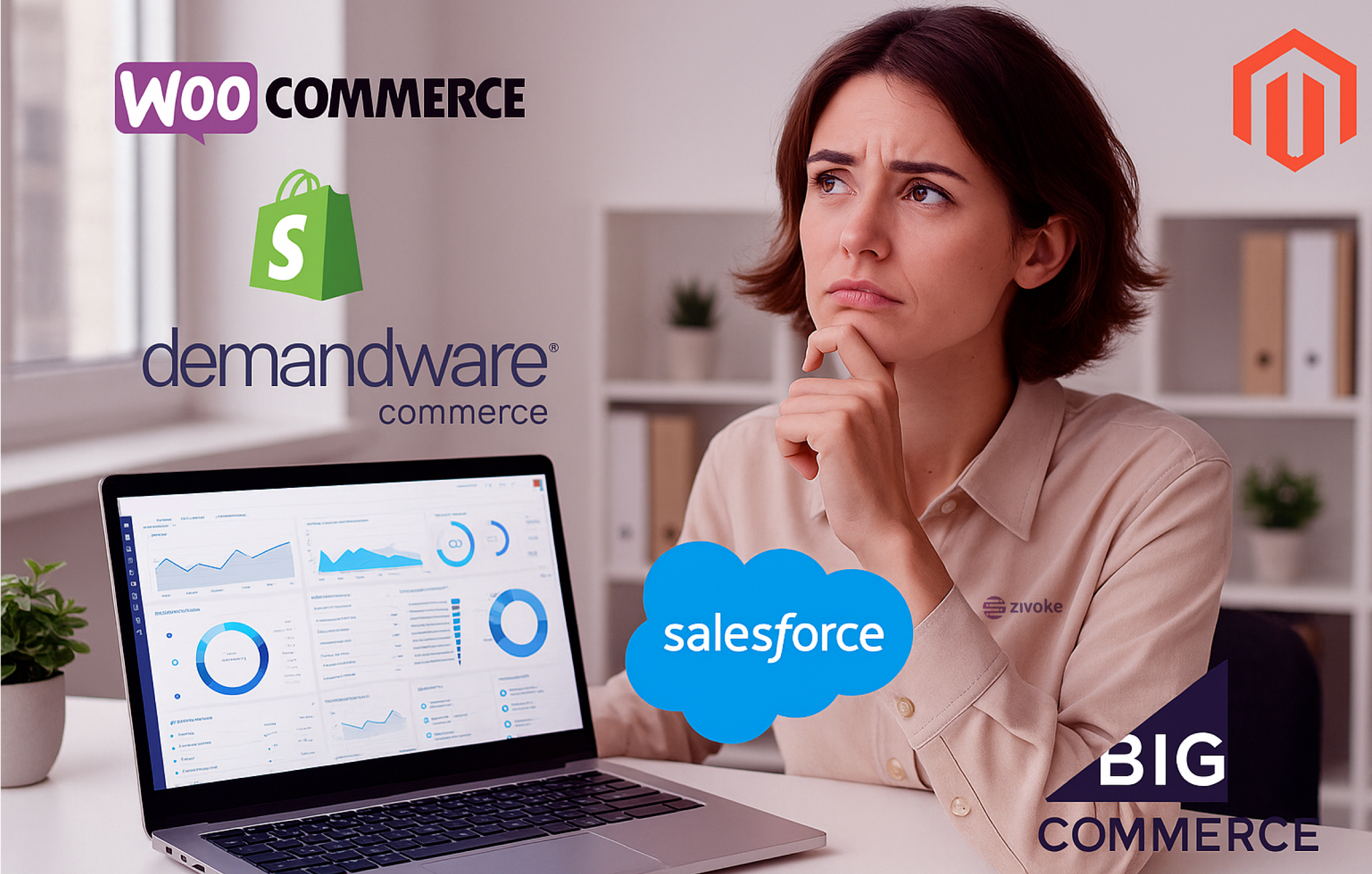If you are reading this, you have most likely made up your mind that you need to get your Business Online. Every Business is unique and so is the criteria for evaluation. Though there are a thousand things that need to be considered before selecting the right platform, let’s focus on the common and most important ones.
Money – Definitely the #1 thing to take into consideration is the cost. Calculate every cost that you may incur. Including but not limited to E-commerce Platform cost, Hosting cost, Technical Administrators fees, Maintenance, etc. It is suggested you have a buffer added to the total cost, just in case.
When you do so, try to get every detail. You could incur additional fees for heavy transactions or bandwidth, 24/7 support, daily backups, etc. You need to figure out how much it would cost in best and worst-case scenarios. This will also help you to do an apple to apple comparison of the shortlisted digital E-commerce platforms.
SEO Enabled – When building from grounds up, you need to have an SEO strategy in place. If you go without a template, you’ll have to master SEO optimizations. However, SEO-optimized E-commerce templates help you start with a sound basis that helps your website thrive on SERPs and get discovered by more online shoppers.
Customization – It is important to bring your Organization’s branding and theme in your online shop as well. Be it the color schemes, fonts and the look and feel of it. Consistency in branding helps improve the seamless experience for end users. The platform should allow you to exploit the design and Technicalities to the fullest.
User Interface and User Experience – There are 2 aspects to it, first is the User and second is the administration team. A digital E-commerce website that provides easy to navigate User Experience with purposeful recommendations sees maximum carts to invoice conversions. The look and feel of the website can enhance the online shopping experience of the User.
A clutter-free, easy to learn and use the platform is widely accepted by the administrative teams. Whereas a difficult to understand platform which is complex could drastically increase the agility. Can you imagine the number of hours an administrative team spends on a daily basis on these platforms? Our goal is to ensure maximum efficiency from the administrative team which can be achieved by providing the right tools.
3rd party App integrations – An organization is successful only when it has all its departments working seamlessly with each other. This is no different for an online shop. Other departments here include – Finance, Invoicing, CRM, Marketing Automation, etc. Choose a platform that has API’s readily pluggable with these 3rd party Apps to help automate and get a comprehensive view. A standalone E-commerce platform will not deliver all the insights necessarily.
We can take an example of Demandware (demandware.com) which is an E-commerce platform that is secure, readily scalable and robust enough to handle millions of transactions per minute. It can integrate with 3rd Party Apps, is SEO enabled and Mobile/Tab responsive. Demandware was acquired by Salesforce (salesforce.com) and branded as Salesforce Commerce Cloud. You can integrate Commerce Cloud with Sales Cloud, Pardot and other Salesforce Suite of products. Talk to us to get further understanding on Salesforce Commerce Cloud.



